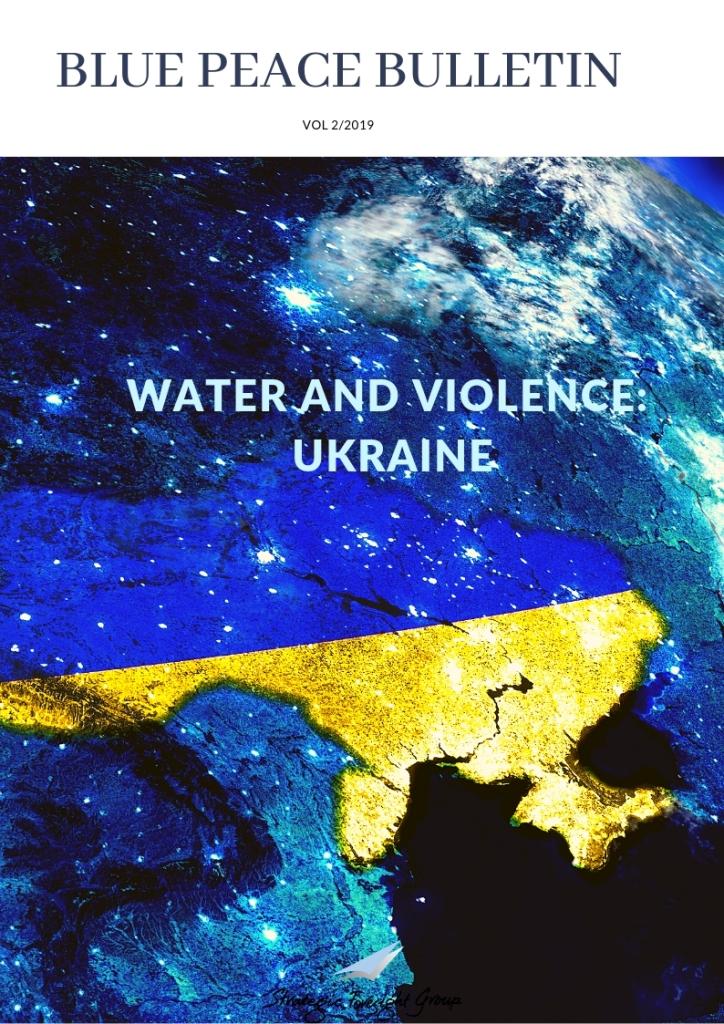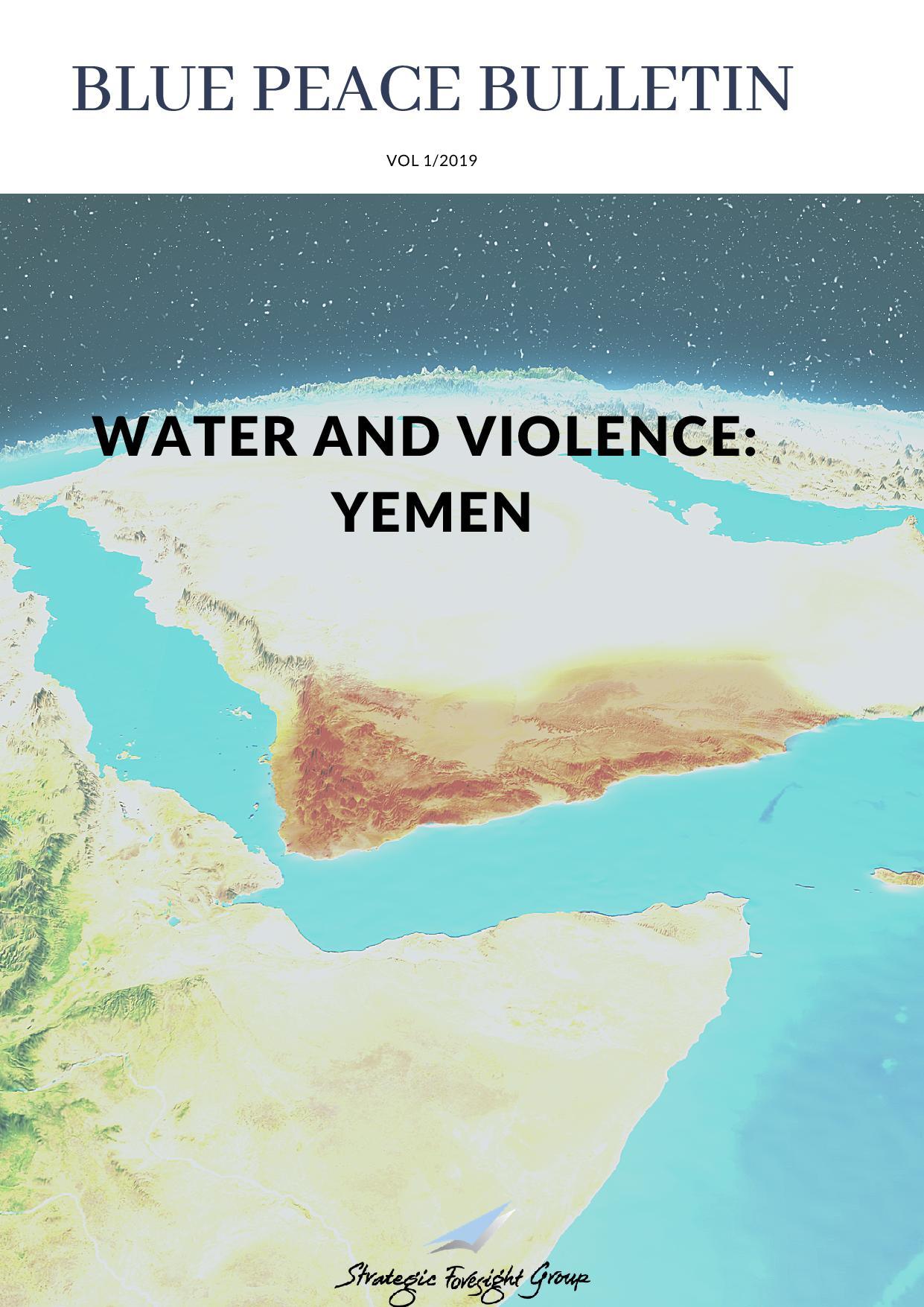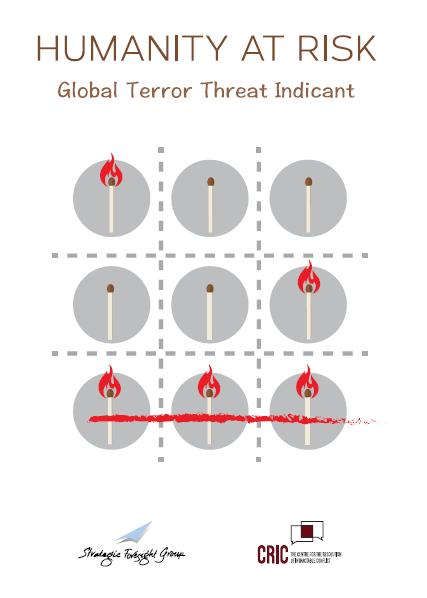Saving Syria: are we ready for Jus Post Bellum?
|
|
June 2013
By
|
Two years and two months ago when the first signs of protest appeared in the form of a wall graffiti in Daraa city, the Syrians had reasons to believe that the radical Arab Spring wave �€“which engulfed the dictatorial regimes of Tunisia, Egypt, Yemen and forced a NATO-style intervention in Libya - had arrived in the Levant and the fall of their premier Bashar Al Assad was now only a matter of time. That was a judgemental error.
Since then, while the international community has been split due to its inability to put an end to the violence, the Assad regime appears stronger than ever, particularly after retaking the rebel-held strategic points in late June. The question now is not when Assad will leave, but whether he will leave at all and if Syria can be saved from the ensuing disaster. If the latest development, with the United States deciding to arm and train the Syrian rebels to overthrow Assad�€™s brutal dictatorship is any indication, then the game seems to be far from over.
For one, training the Syrian rebels with sophisticated arms can fasten Assad�€™s fall but also lead to �€˜unwanted consequences�€™ similar to that in Afghanistan when the US first trained mujahidin in the 1970s to fight the Soviets. Once, the fall of Communism was ensured with the Soviet withdrawal, the US shifted its �€˜interests�€™ from Afghanistan, leaving the �€˜newly liberated�€™ state alone to fend against its political upheavals. Failure to form political leadership by the mujahidin plunged Afghanistan deeper into the throes of civil and sectarian conflict.
Given the current dishevelment in Syria, which has till now, led to the death of over 100,000, forced another 1.5 million civilians out of the country and caused an estimated damage of $ 15 million, Jus Post Bellum - transition from a state of conflict to a state of peace - will be the key catalyst in saving Syria. Rooted in the ancient Just War tradition, Jus Post Bellum is probably the most important principle for underlining that failure to restore peace after war can sow seeds for future conflicts and create situations which will nullify the reasons for waging the war in the first place.
A quick and efficient military victory can bring the nightmare in Syria�€™s civil war to a grinding halt but bringing order to the mayhem and chaos that will follow, will be the greater challenge. Those arming the rebels today must be ready to own up this responsibility to follow up after the war. The onus of Jus Post Bellum�€”justice after war, would lie as much on the shoulders of such allies as of the Syrians. For relinquishing after the desired end is achieved will outweigh the overall judgment of any intervention in this conflict.
In Iraq, large scale insurgency, criminality and failure to transfer power to a �€˜legitimately recognised authority�€™ after the US and allies declared end of combat operations was a reflection of the flawed conception and inept implementation of post-war plans. Execution of post war goals: restoration of sovereignty, economic reconstruction, extracting post-conflict reparations, and punishment of rights�€™ violators will be the challenges of Jus Post Bellum for Syria.
The defeat of Assad�€™s dictatorial regime will create a dangerous vacuum of power which will have the largely divided Syrian opposition - claiming to �€˜be the voice of Syrians�€™ - and the armed rebels from extreme jihadi groups such as Al-Nusra, Ahrar al-Sham, and Ghuraba al-Sham - clamouring to control power. These varied factions - a proof of the structural and ideological fragmentation in Syria with none having clear support or credibility - can lead to high chances of the defeated population slipping into anarchy, leading to political instability with no peace.
The fall of the �€˜secular�€™ Ba�€™ath party will further expose its members, over 1.2 million - nearly 10% of the population including both the minority ruling Alawites and the majority Sunni Muslims in its ranks - to the vulnerabilities of post-conflict state, elevating the risk of preventing stability within the region. Reconciliation of Alawites will therefore be significant in building Syria�€™s new leadership. Restoring political order which respects human rights, values freedom, liberty, justice, guaranteeing equality and is democratically stable with the will of people will be coherent to retain stability in Syria.
It will be equally important to establish rule of law and achieve transitional justice. The lawlessness prevalent in Syria�€™s nearly 26-month war has resulted in delinquencies ranging from the use of chemical warfare to violence against minorities, forcing almost the entire 80,000-strong Christian population into the neighbouring Lebanon. Failure to pursue justice against perpetrators after war may result in a peace that lacks a sense of closure for these victims. By seeking reparation for crimes post conflict, the leadership will help in preventing future violations.
Retaining stability in Syria is as important domestically as it is regionally to prevent a further fractured political landscape in the region, divided by the Arab-Israeli conflict and further sub-divided by the Sunni-Shia hegemony. For any trouble in Syria will spell trouble for Lebanon, Israel, Turkey, Jordan and Iran, all of which are interminably connected with shared history of politics and religion. Chaos in Syria would create an open war-ground with the availability of abundant weapons which can be sold, traded, bartered for criminal and terrorist activities, providing space in which various radical non-state actors could operate to achieve their own interests. In particular, it would give a safe haven to extremists like the Al Qaeda factions who are more interested in implementing Sharia than rooting for democracy and Kurdish separatists to continue their fight against Turkey.
Attaining regime change and removing Assad from power is not a one-step solution to saving Syria from its existing turmoil. If at all, it will be the step one on the long road of reparation towards the necessitated change. It will be crucial for the international community to consider and take note of the problems arising the day after the collapse of the Syrian regime and not just walk away. As political philosopher Immanuel Kant had said nearly two hundred years ago �€œno treaty of peace shall be held valid in which there is tacitly reserved matter for a future war.�€ Failure to ensure that the resultant peace in post conflict Syria is an improvement over what existed in the past, will not just make Syria the world�€™s Iraq or Afghanistan but a heady connotation for all three.
Related Publications
Related latest News
Related Conferences Reports
-

P5 Experts Roundtable on Nuclear Risk Reduction
Download:Geneva Roundtable Report
-

Roundtable on Global Security and Catastrophic Risks
Download:Report on RT revise





